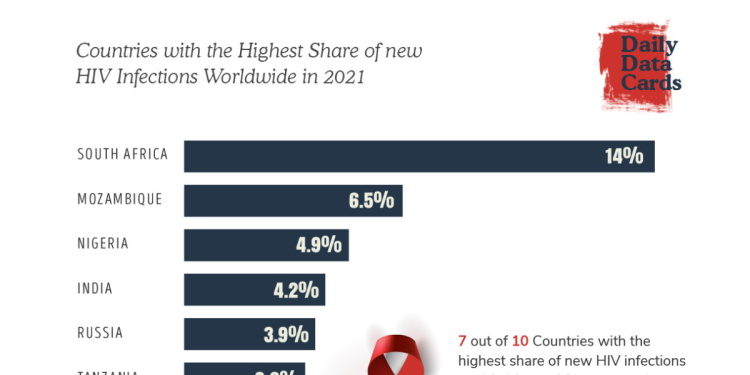
#DailyDataCard: Countries with the Highest Share of new HIV Infections Worldwide in 2021
#DailyDataCard: Countries with the Highest Share of new HIV Infections Worldwide in 2021
Tag

#DailyDataCard: Countries with the Highest Share of new HIV Infections Worldwide in 2021
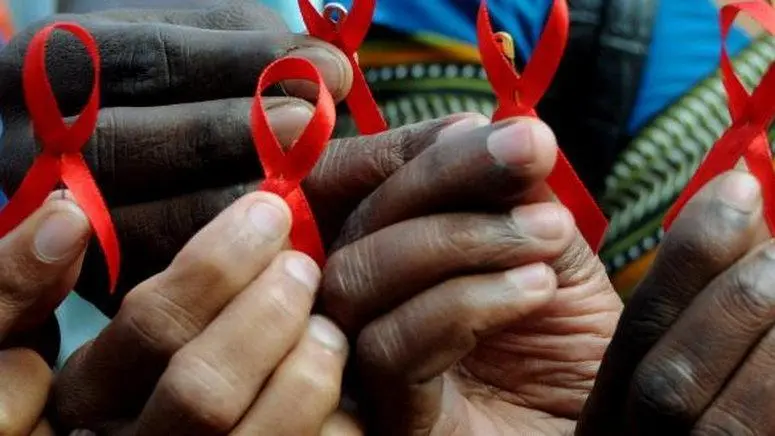
The most recent HIV prevalence survey among persons aged 15-49 years in Nigeria revealed that HIV is more prevalent in women than in men.
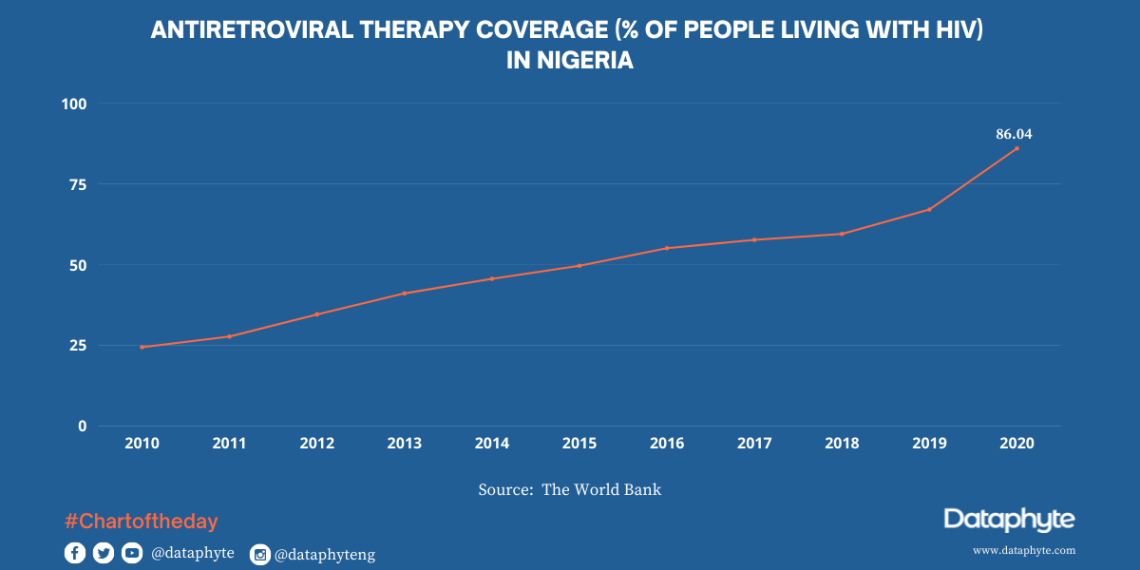
Out of Nigeria’s 1.7 million Persons Living with HIV/AIDS (PLWHA), 1.46 million of them have access to antiretroviral therapy (ART) as of 2020. Antiretroviral drugs reach 86.04% of the PLWHA population in the country.
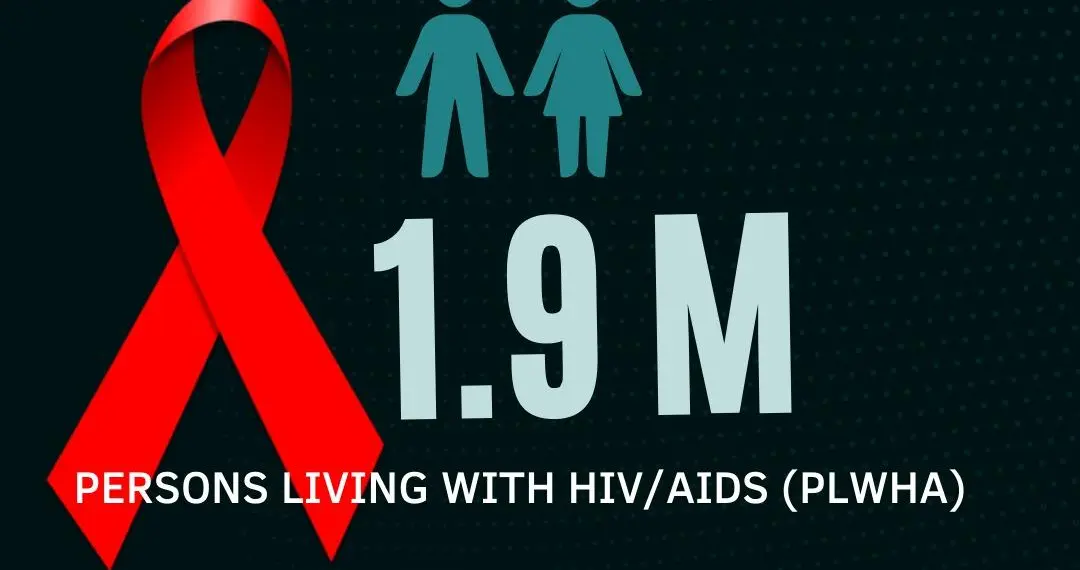
Today, the global community marks World AIDS Day with the theme “End Inequalities, End AIDS”.
.png)
On the 1st of December every year, we celebrate World’s AIDS Day, to give an opportunity for the community to unite in the fight against HIV/AIDS, to show support for those who have been diagnosed and to remember those who have been lost to the disease.
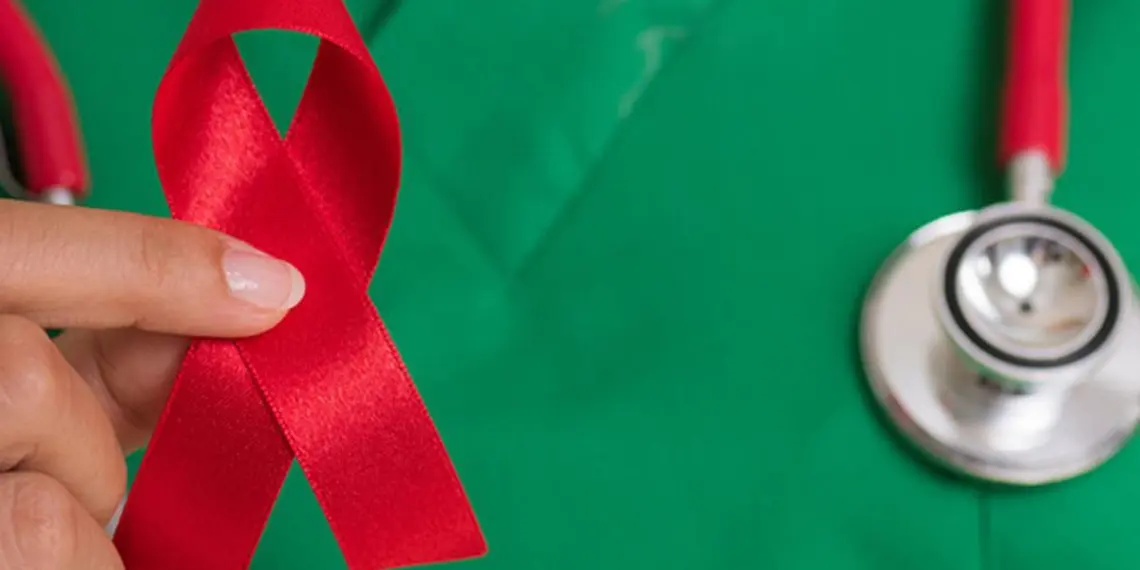
The number of women living with Human Immunodeficiency Virus/Acquired Immunodeficiency Syndrome (HIV/AIDS) has been on the rise in the last 3 years, data released by the National Bureau of Statistics (NBS) indicates.

Oyo State Agency for the Control of AIDS(OYSACA) ignored research and documents in its 2021 budget;
.webp)
A report released on Monday has revealed that even though it is well known that maternal deaths rate is high, the numbers are still under reported. Every maternal death should be counted and recorded, not assumed or estimated. According to the UN global estimates, about 303,000 women die from childbirth or pregnancy complications. Nigeria and India unfortunately accounts for one-third of this number. This means that one out of seven deaths in Africa occurs in Nigeria.
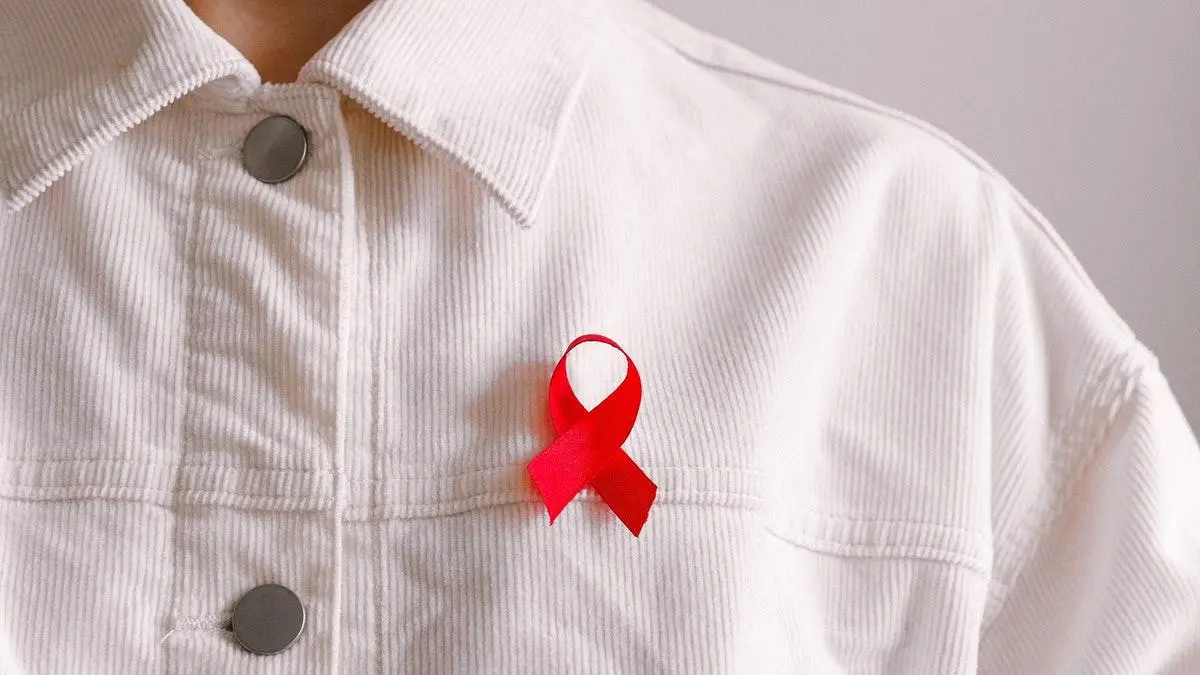
HIV/AIDS shows that it’s still a concern with 45,000 casualties as at last year. And Nigeria records the lowest GTI in almost a decade, despite an increasing spate in civilian-targeted terrorism. Sani Umar has 9 days to provide Faisal.
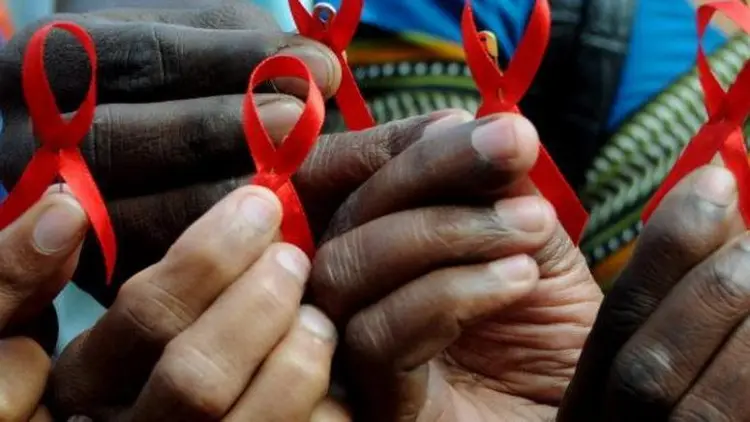
A review of the last three Nigeria Demographic and Health Survey reports has indicated appreciable increases in awareness about HIV and AIDS in Nigeria. Across age groups and gender classifications, there have been increases in knowledge about the viral disease.